10 GPTs for Mobile Applications Powered by AI for Free of 2026
AI GPTs for Mobile Applications are advanced tools designed to enhance and innovate within the mobile app development and user engagement landscape. Utilizing Generative Pre-trained Transformers, these AI models provide highly adaptable solutions tailored to mobile-specific tasks, ranging from content creation to user interaction enhancements. Their relevance is underscored by the increasing demand for personalized, efficient, and intelligent mobile experiences, making GPTs a pivotal technology in shaping the future of mobile applications.
Top 10 GPTs for Mobile Applications are: Information Architecture (IA) Diagram,JAVA,UI Patterns,Application Design AI Assisted,NextJS Ninja,Python and JS Guru,Diseñador de Bases de Datos,Design System Wizard,JavaScript,💻 Web with ActionScript
Information Architecture (IA) Diagram
Simplify your site's structure with AI
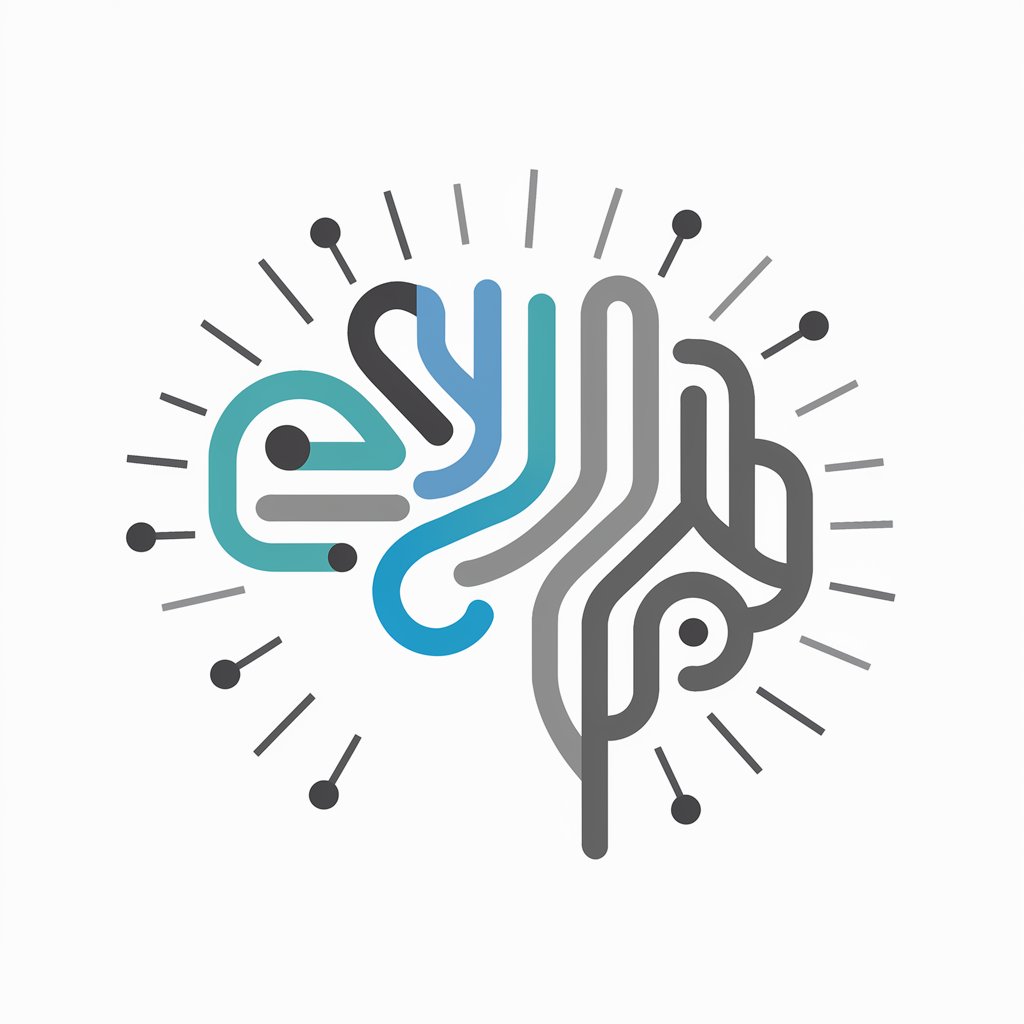
JAVA
Unlocking Java's potential with AI insights.
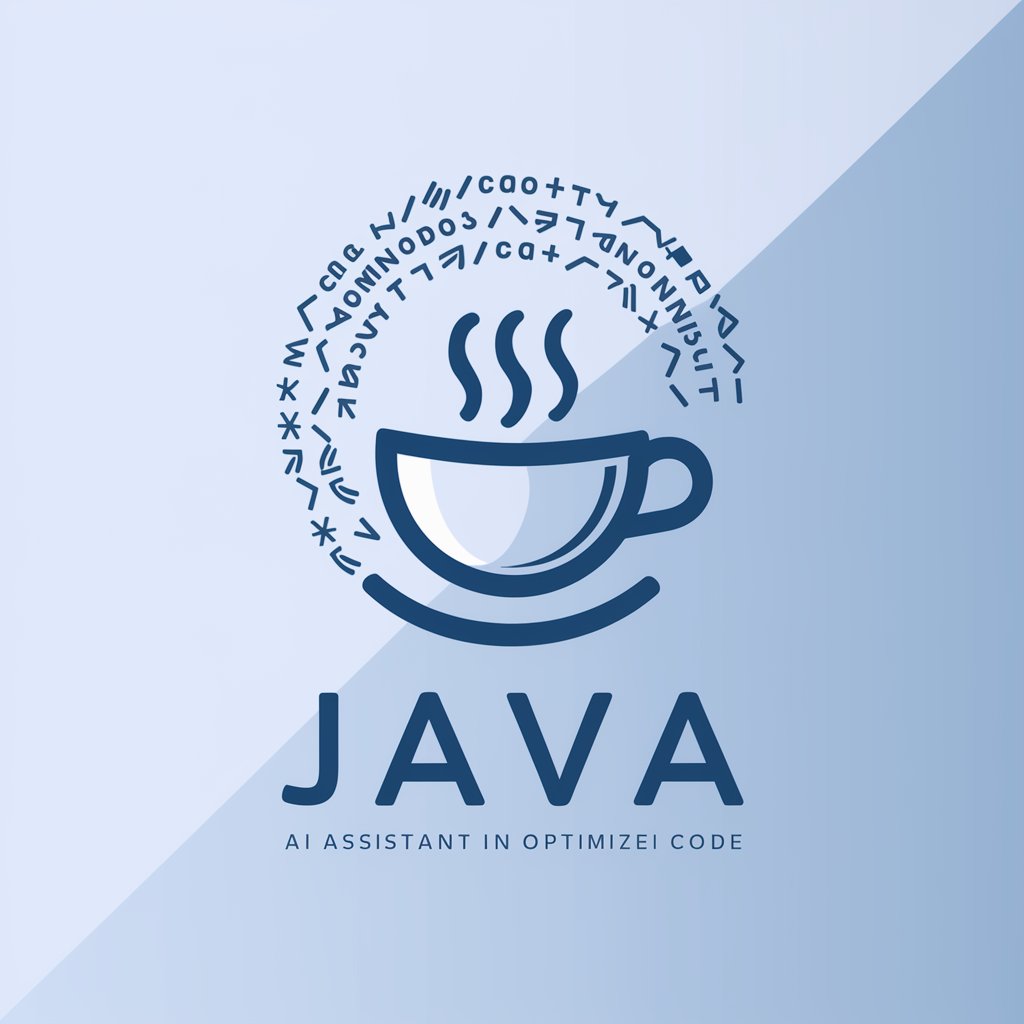
UI Patterns
Empowering Design with AI

Application Design AI Assisted
Elevate Your App Design with AI
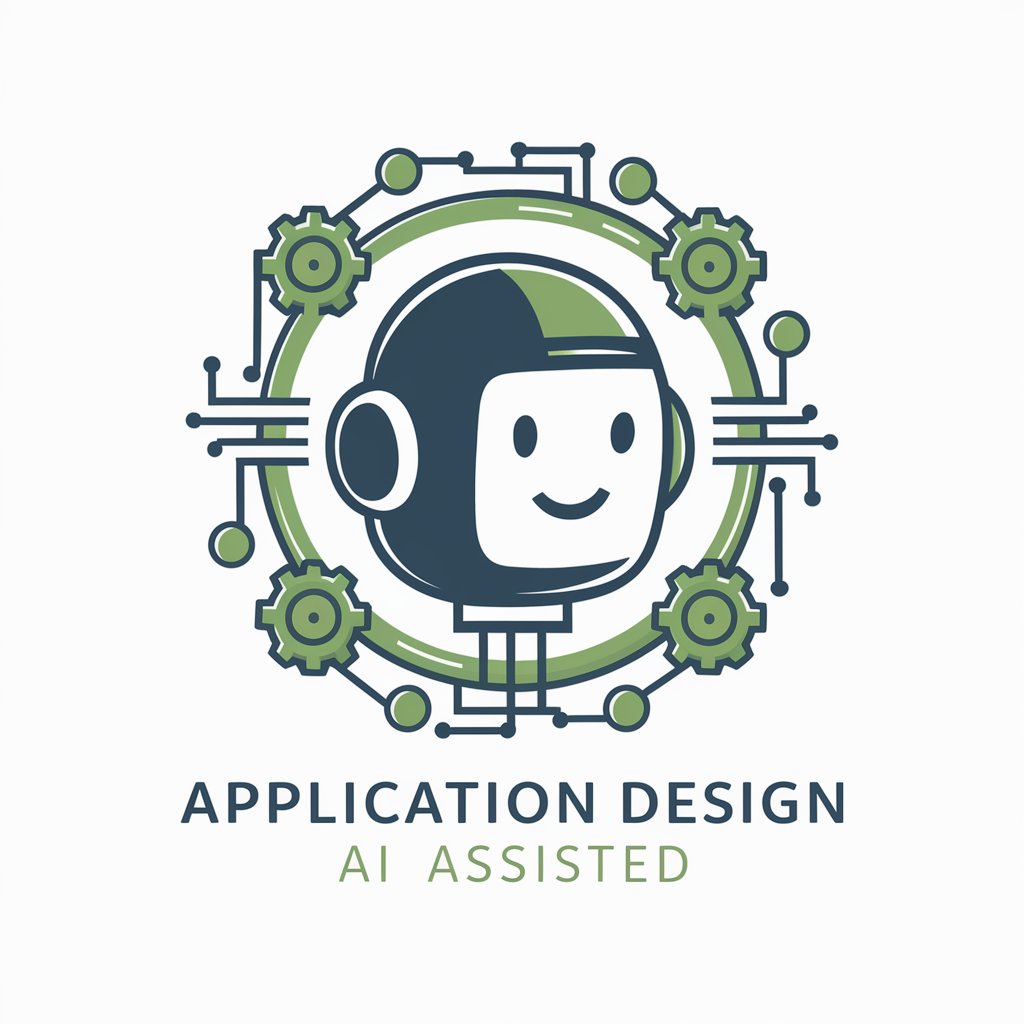
NextJS Ninja
Tailoring AI-Driven Web Innovation

Python and JS Guru
Empowering Development with AI-Powered Coding Insight

Diseñador de Bases de Datos
Streamline Database Design with AI
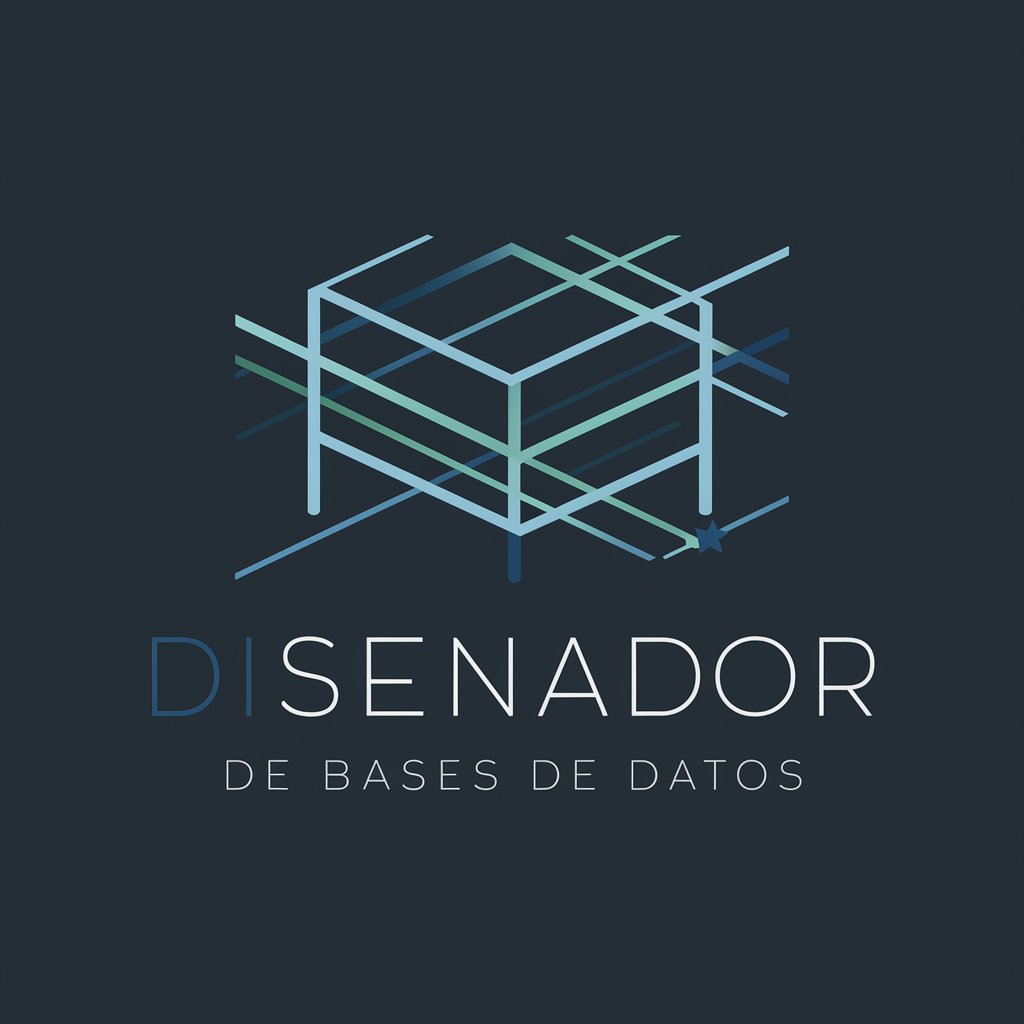
Design System Wizard
Crafting Cohesive Design Systems with AI

JavaScript
Power up the web with JavaScript
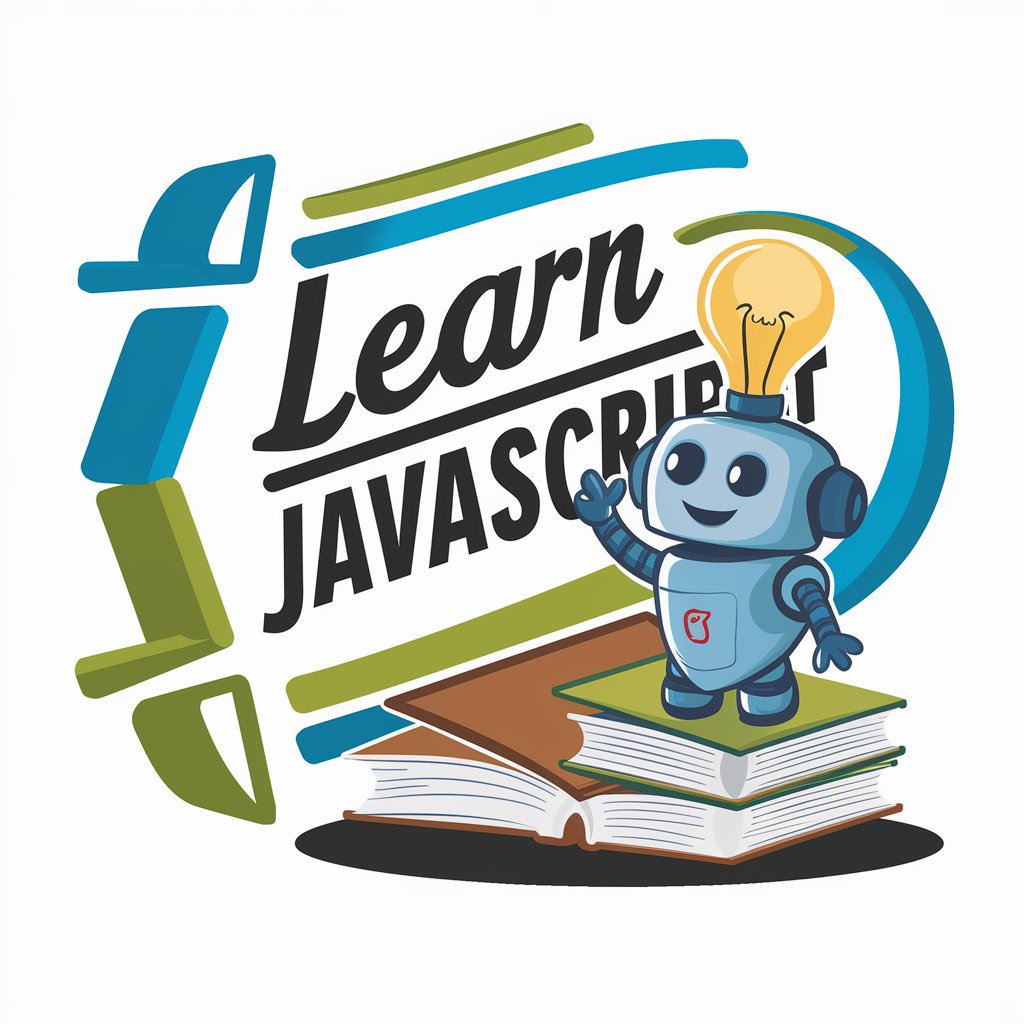
💻 Web with ActionScript
Elevating web interactivity with AI and ActionScript

Key Attributes and Functions
AI GPTs tools for Mobile Applications boast a range of unique features that cater to diverse needs within the app development sphere. These include language understanding and generation for chatbots, predictive text input, and personalized content recommendations. Their adaptability extends to supporting technical troubleshooting, executing web searches, generating images, and analyzing data within mobile contexts. Specialized capabilities like voice recognition and natural language processing enable these tools to provide intuitive user interfaces and seamless interaction experiences.
Who Benefits from Mobile AI GPTs?
The primary users of AI GPTs for Mobile Applications span from app development novices to seasoned professionals. These tools are particularly beneficial for developers seeking to integrate advanced AI functionalities without extensive coding, thereby democratizing access to cutting-edge technology. Professionals in the mobile app industry, including UX/UI designers and content creators, also find value in GPTs for enhancing app features and user engagement.
Try Our other AI GPTs tools for Free
Role Specification
Discover how AI GPTs for Role Specification revolutionize content generation for specific roles, offering adaptable, user-friendly tools for professionals and novices alike.
Diversity Inclusion
Discover how AI GPTs for Diversity Inclusion are transforming efforts towards creating more inclusive environments with advanced bias detection, content generation, and inclusivity analysis.
Industry Versatility
Discover the transformative power of AI GPTs for Industry Versatility, designed to deliver customized, industry-specific solutions across various sectors, enhancing efficiency and driving innovation.
Production Tips
Discover how AI GPTs for Production Tips revolutionize the production industry, offering tailored solutions, creative assistance, and technical support to enhance efficiency and innovation.
Seasonal Fashion
Discover how AI GPTs for Seasonal Fashion are transforming the industry with tailored solutions for trend analysis, design, and marketing, making fashion innovation accessible to everyone.
Style Discovery
Explore the future of style with AI GPTs for Style Discovery. Tailored solutions for art, design, and fashion, enhancing creativity and trend forecasting.
Further Perspectives on AI GPTs
AI GPTs stand at the forefront of mobile application innovation, offering developers and businesses the tools to create more intelligent, engaging, and personalized apps. Their integration into mobile platforms signifies a shift towards more interactive and user-centric app experiences, highlighting the importance of AI in driving future advancements in the mobile ecosystem.
Frequently Asked Questions
What are AI GPTs for Mobile Applications?
AI GPTs for Mobile Applications are AI technologies designed to support and enhance mobile app functionalities through advanced language understanding, content generation, and user interaction.
How do AI GPTs enhance mobile apps?
They enhance mobile apps by providing personalized content, improving user engagement through chatbots, offering predictive text functionalities, and facilitating seamless user interfaces.
Can non-programmers use AI GPTs in app development?
Yes, these tools are accessible to non-programmers, offering user-friendly interfaces and pre-built functions that simplify the integration of AI features into apps.
What makes AI GPTs unique for mobile applications?
Their ability to understand and generate human-like text, adapt to user behaviors, and provide tailored app functionalities without the need for complex programming distinguishes them in the mobile app development arena.
Are there customizable options for developers?
Yes, developers have access to customizable options allowing for the integration and tuning of AI functionalities according to specific app requirements.
How do GPTs support app user interfaces?
GPTs support app interfaces by enabling natural language processing, voice recognition, and predictive text inputs, making interactions more intuitive and efficient.
Can AI GPTs integrate with existing mobile app systems?
Yes, these tools are designed to seamlessly integrate with existing systems, providing a flexible solution for enhancing app features and user experiences.
What future trends might we see with AI GPTs in mobile applications?
Future trends include more personalized user experiences, advanced AI-driven functionalities like real-time language translation, and greater emphasis on voice-driven interactions within apps.